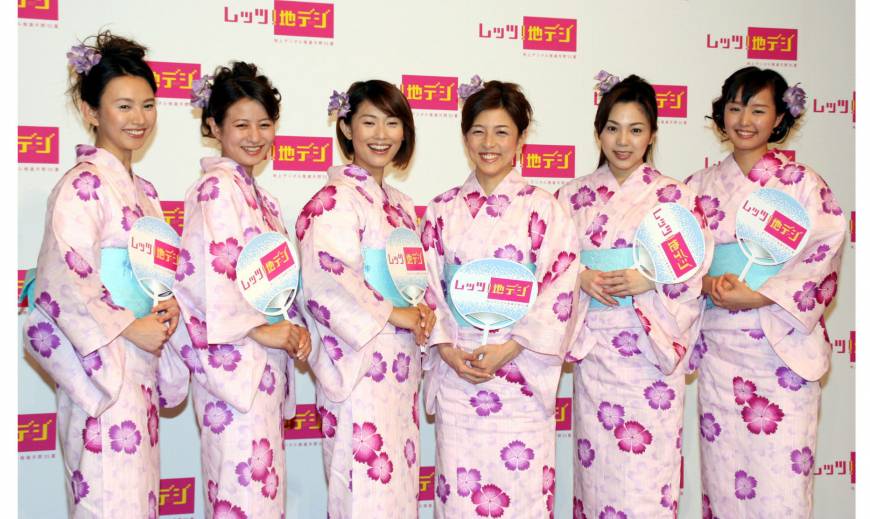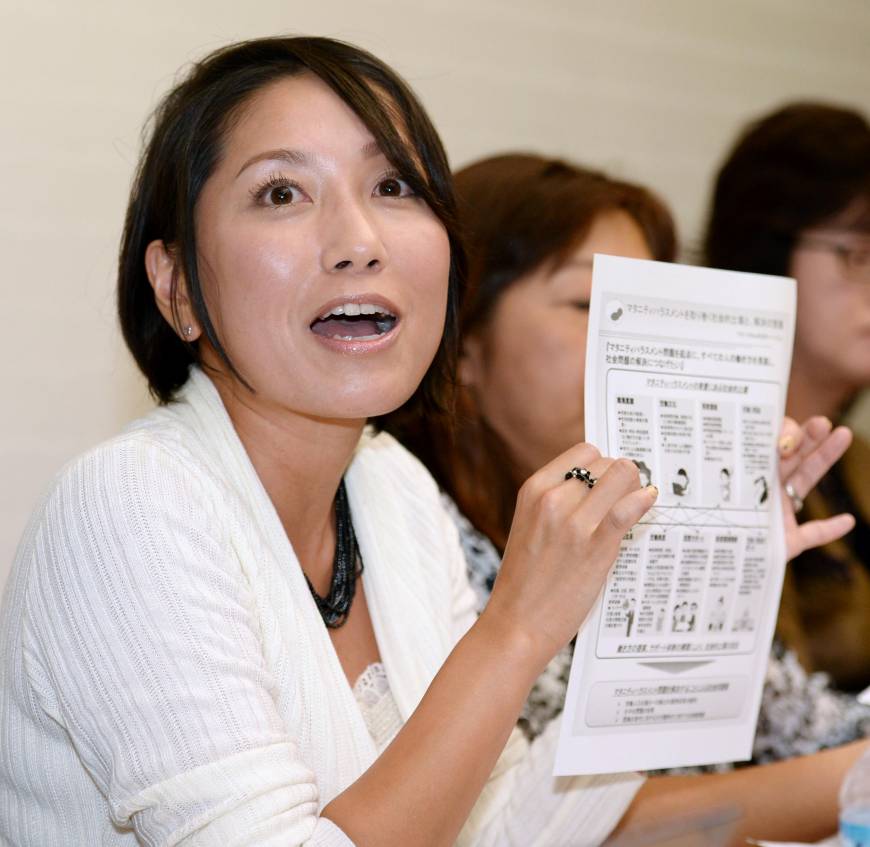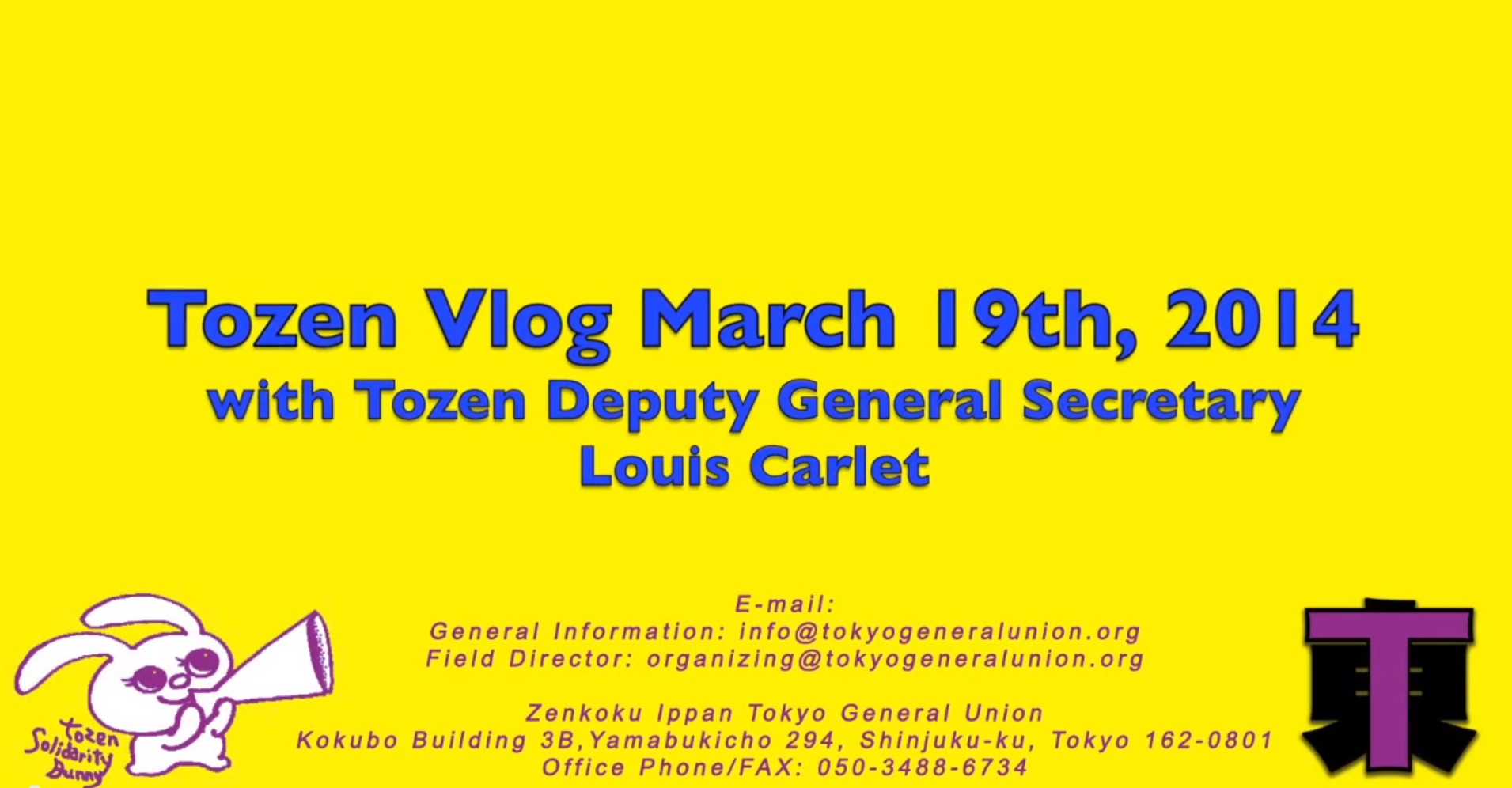2013年に芝浦工業大学(SIT)の講師は全国一般東京ゼネラルユニオン(東ゼン労組)でSIT支部を結成した。講師の労働条件の改善を目指して、大学に対して団体交渉を開いた。しかし、大学は、突然、「来年度から英語カリキュラムを変更する。来年度は改めて応募せよ。」と一方的に告げました。これはつまり、すべての組合に加盟している講師がクビになることを意味します。
In 2013 Shibaura Institute of Technology (SIT) teachers formed the SIT Local at Zenkoku Ippan Tokyo General Union (Tozen Union). The union started collective bargaining with the university to improve working conditions for the staff. But then suddenly the university announced that they would “change the English curriculum” and that teachers could “reapply for their jobs” next academic year. In other words, they will be fired.
東ゼン労組は講師の仕事を守るために何度も交渉しようとしたが、残念ながら、今まで大学は譲歩する態度がまったくない。それ故、SIT支部の講師は、今日から、仕事を守るためにスト権を講師している。
Tozen Union negotiated many times to save the teachers’ jobs. Unfortunately the university has shown no sign of compromise. In response, the SIT Local has chosen to go on strike from today to protect the teachers’ jobs.
SITの皆さんは、ぜひ私たちの闘いを応援して頂きたい。
We would like everyone at SIT to support our fight.
SITの従業員である皆さん(講師に限らず)組合に加盟して下さい。
If you work at SIT (even if you aren’t a teacher), please join the union.
SITの学生である皆さん、下記の連絡先に応援するメッセージを送って頂ければ、助かる。
If you are a student at SIT, please send a message of support for the union to the following address.
担当者:ルイス・カーレット
Case Officer: Louis Carlet
メール:tozen.carlet@gmail.com
E-mail: tozen.carlet@gmail.com
電話:090-9363-6580
Phone: 090-9363-6580




